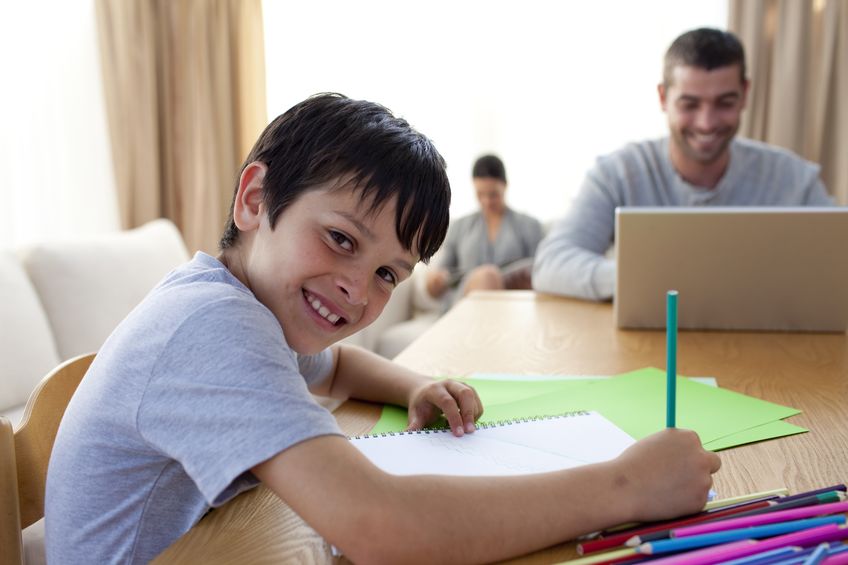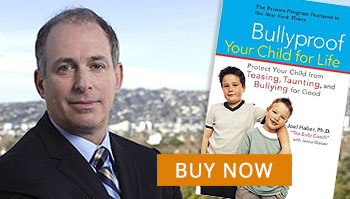
Copyright: Wavebreak Media Ltd / 123RF Stock Photo
It can be very difficult to hear “my child is a bully”from your friends or neighboors.
Most parents’ natural instinct is to deny it. (“My child would never bully someone.”) Try to be aware of your own emotions, and to resist the urge to find someone else to blame or a way to excuse the behavior.
Denial won’t help.
If you deny that your child has responsibility for bullying, your ability to change the situation is gone. Accept that the possibility exists that your child has done something to hurt someone else, and address it as thoroughly as possible.
Take it seriously.
Even if they accept that something undesirable may have occurred, many parents try to minimize the issue. Making it seem like no big deal, or that other people are overreacting or being too sensitive, will teach your child that hurting others is not a big deal to you. It can also add to her scorn, because now she can add “oversensitive” to the list of reasons to bully people.
Squelch your anger.
If you’re angry, your child will shut down. Talk to your child in a calm way, at a time when your emotions have settled. Try to understand the specifics of an incident from your child’s perspective without raising your voice.
Keep your child focused on accountability.
“I don’t want to hear about what the other kid did right now,” you might say. “I want to hear about what you did. No matter what you think happened, how did you handle it? Help me understand what you did that caused this kid to feel bad.”
Encourage empathy.
Once you’ve collected information about the incident, it’s time to ask your child to turn it around and put herself in the other child’s shoes. “When you did that, how did that child feel? How would you feel if someone did that to you?” Ask her to take the position of the other child.
Brainstorm restitutions.
“When you’ve done something to hurt someone else, you have to show that you’re sorry. What can you do to make this child feel like you’re sorry, and that you know what you did was wrong? How can you make her feel better?” It’s not enough just to talk about it; your child needs to do something positive. This might be writing a letter to the target, calling her, having a meeting in person, and/or standing up for her with others who are picking on her.
Decrease the amount of aggression in your child’s life.
If your child is prone to bullying behavior, do what you can to get rid of bad examples. Limit violent television and video games, make sure that you argue with your significant other in private if you need to argue, pay attention to the lyrics of the music he listens to.
Ask for a peer mentor.
Sometimes, bullies are not savvy about how to make friends without using bullying. If you think it would be helpful, ask an authority figure if he can assign a peer mentor or a “big-brother/big sister” type of student to help your child figure out better ways to socialize.
